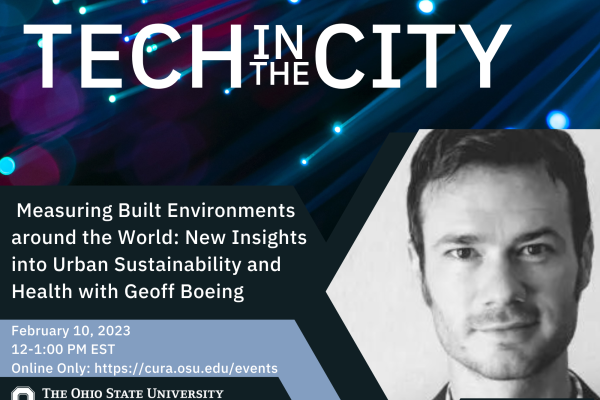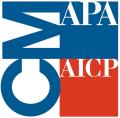
Online Webinar (Zoom): Register using the registration link at the bottom of the page
Cities worldwide exhibit a variety of transport and land use patterns and configurations that shape human mobility, equity, health, and livelihoods. This talk discusses recent developments using open data and open source tools, in conjunction with local collaborators, to model and measure these patterns around the world. First, it presents a recent effort to analyze the street networks of each urban area in the world, using boundaries derived from the Global Human Settlement Layer and street network data from OpenStreetMap. Next, it discusses how these kinds of data can unlock new measures of accessibility, health, and sustainability around the world. Benchmarking and monitoring urban design and transport features is critical to achieving local and international health and sustainability goals. However, most urban indicator frameworks use coarse spatial scales that only allow between-city comparisons or require expensive, technical, local spatial analyses for within-city comparisons. I present a reusable open-source urban indicator computational framework using open data to enable consistent local and global comparative analyses, then demonstrate this framework by calculating built environment indicators in conjunction with local collaborators. Efforts to broaden participation in crowdsourcing data and to calculate globally consistent indicators are essential for planning evidence-informed urban interventions, monitoring policy impacts, and learning lessons from peer cities to achieve health, equity, and sustainability goals.
This event is approved for 1 AICP CM credit. To claim your CM credits, log into your My APA account on the APA website and enter the event into your online CM event log.

